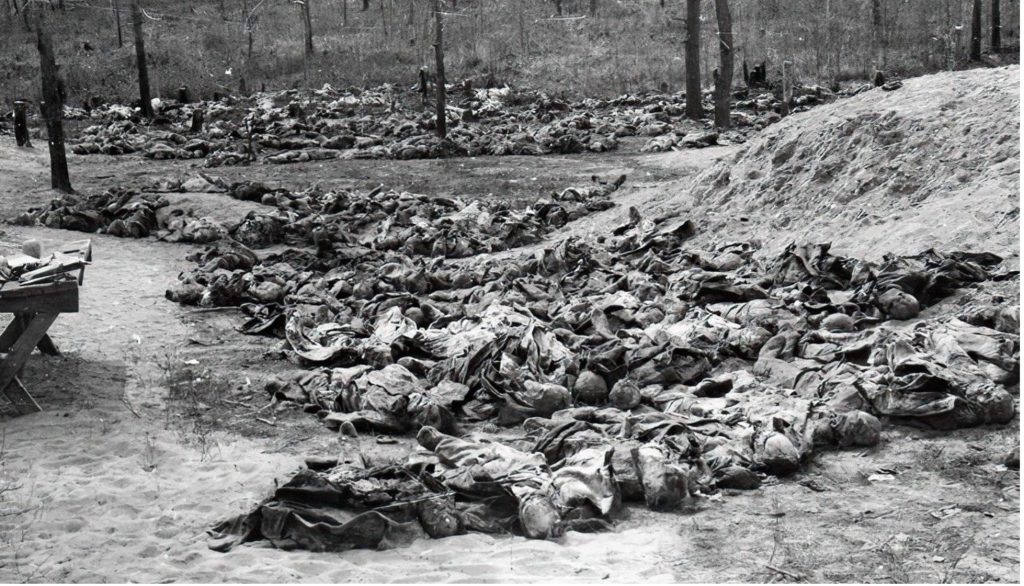
Please Follow us on Gab, Minds, Telegram, Rumble, Gab TV, GETTR, Truth Social
Sandrinio Neagu, a journalist from Suceava, participated in the commemoration and reported the Ukrainian authorities attempted to hijack the event and transform it into a Ukrainian cultural manifestation.
April 1st marked the 82nd anniversary of the Fântâna Albă massacre, in which around 3,000 ethnic Romanians lost their lives at the hands of Soviet troops as they attempted to cross the newly established border into Romania following the Soviet Union's annexation of the northern region of Bucovina.
For decades, the Soviet authorities tried to conceal and erase the memory of the massacre from the public. It wasn't until after the collapse of the USSR in 1990 that commemorations of these victims became possible, and they have taken place annually since then. They’re attended by a significant number of ethnic Romanians and Orthodox priests from the surrounding regions.
The journalist reported that "although there were ethnic Romanians on the scene, the speech was held in Ukrainian, without a translator. Only the Ukrainian flag was raised over the memorial of the victims of the massacre, only the national anthem of Ukraine was sung and the religious service was conducted by Ukrainian priests."
He added that representatives of the Romanian community and Romanian priests who were present at the scene held their own memorial service at the cross located 30 meters away from the main memorial, which marks the site of the first mass grave of the martyrs.
He said this was the first time this happened since he started attending the yearly memorial service.
Neagu added: "Tomorrow or the next day, the Ukrainian authorities will say that, on April 1, 1941, Bukovinian-Ukrainians died at Fântâna Albă and they will be the victims of the Soviet regime and Stalin. No, gentlemen. Romanians died there and you would do well to apologize and stop trying to steal the history that is not yours."
Meanwhile, Chernivtsi journalist Maria Toacă posted on Facebook that the Fântâna Albă tragedy remains an ever-present wound for Romanians and that it is incomparable to other past or present tragedies. She shared that she had met survivors of the massacre and had listened to their harrowing stories of suffering.

"In the first years of the democratization of Ukraine, when there was no monument on the spot of the tragedy, that today says Bucovinians were killed there and Romanians are not even mentioned, the commemoration, the mourning gathering and the memorial service were organized by the Golgotha Organization. At that time some survivors of the massacre were still alive. I listened to their firsthand accounts of their suffering and pieced together the truth of how they set out to cross the border and what drove them to do it. For a time, the authorities of Hliboca organized the event, and after the administrative reform, it was taken over by the community of Camenca. I'm not saying the mayor or those in power in the region are not doing their job as they should, but they do it on their own terms. For them, it's just duty, and they didn't inherit the pain we carry in our hearts, the pain of the victims who lie dead under the ground. As the years pass, Romanian is heard less and less during the commemoration. Only our priests held the service in Romanian. Last year, the authorities gathered early, followed by the Romanian community and the priests from the local Romanian communities. And this year would have been the same if the organizers, along with their priests, had not delayed the start of the event.", wrote Maria Toacă on Facebook.